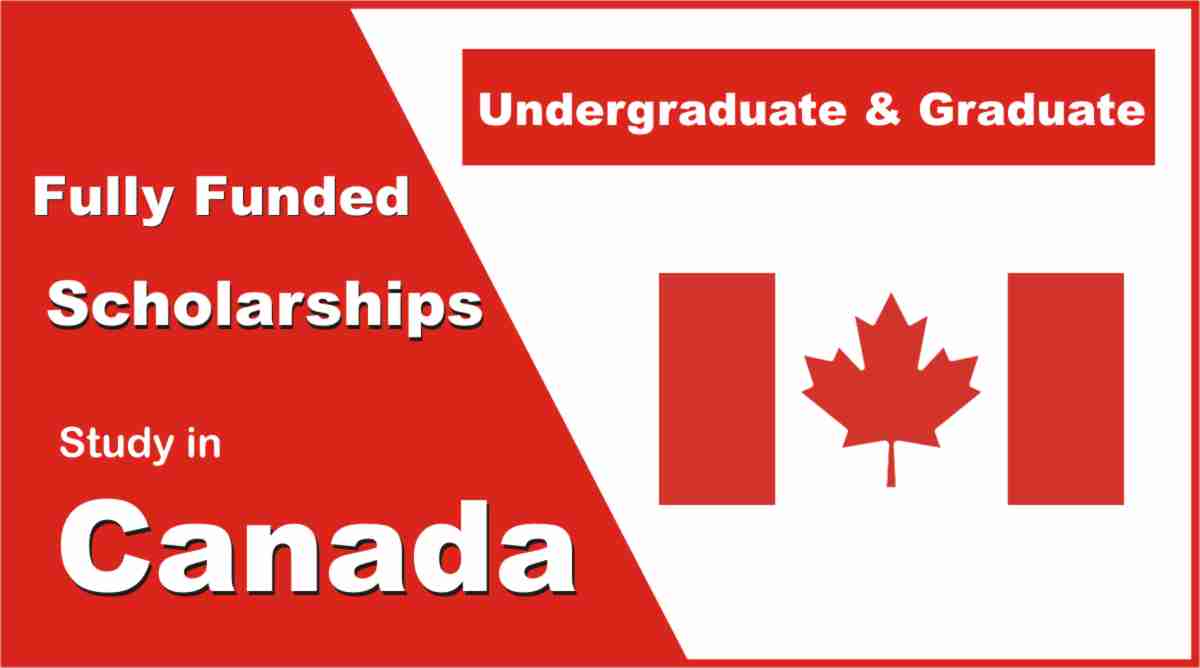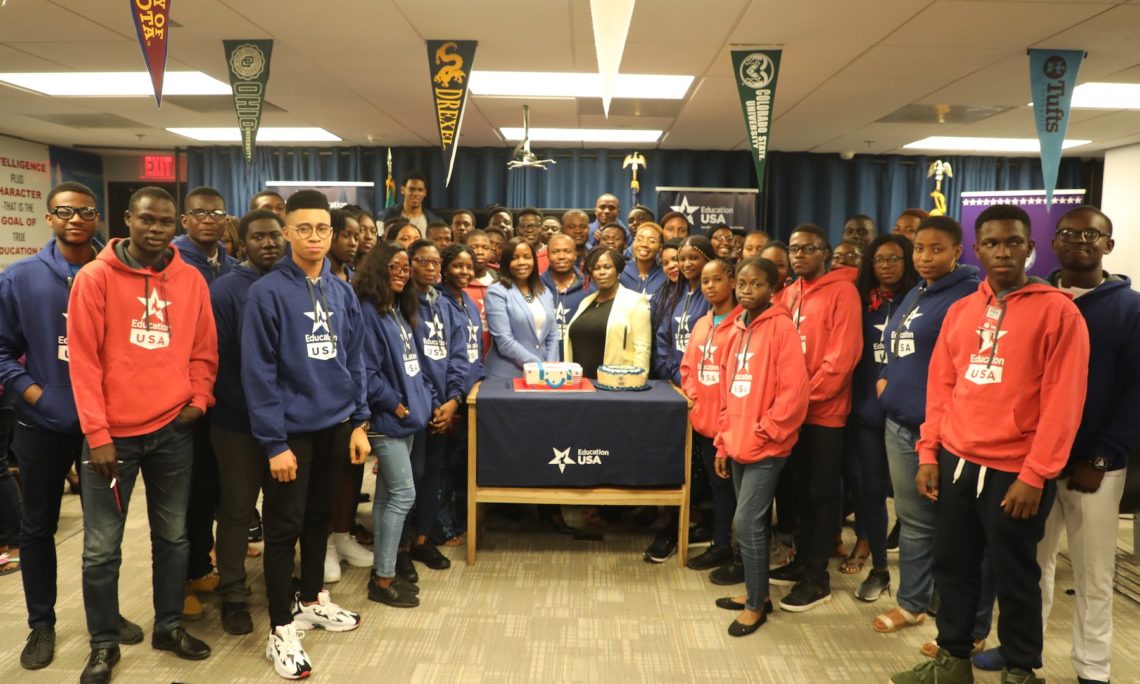Requirements in Applying for Masters in UK University – How to Get Admission in UK University
Moving to the UK for Studies (Masters) – A summarized guide on How to Study in UK.
Requirements in Applying for Masters in UK University
1. Upskill to earn more money
Get extra sources of income, save up, invest, and have accessible cash – Studying abroad without a scholarship is a capital-intensive project.
2. Create a budget and keep track of your expenses
I will share mine later.
3. Write your IELTS, obtain your original WASSCE result, or get your application for an English language proficiency waiver ready.
4. Find schools and apply to at least, 3 of them.
The application is free for most UK schools. If you want to pivot to tech (particularly AI and/or Data Science/Analytics), I will share a link in the comments for schools offering conversion courses. Here are a few things to consider in making your choice after you have received your offer from the school
a. Preferred course
b. Cost of study
c. Scholarship opportunities and discounts
d. Entry requirements – IELTS, Bachelors degree grade. transcript
e. School fees payment schedule – Some schools insist on 50% before enrollment and the balance paid in installments.
f. Location of the school/cost of living – London and its environs are generally more expensive.
5. Obtaining Confirmation of Acceptance to Study (CAS) from your school
a. Accept your unconditional offer or fulfill the conditions of your conditional offer
b. Pay your school fees deposit using FORM A from banks – Usually between £1,000 and £4,000
c. Carry out your tuberculosis test (Only 2 centers in Nigeria – Lagos, and Abuja)
d. Proof of funds – Living expenses for 9 months and the balance of your school fees
e. Prepare and attend pre-CAS interview – Usually to prepare for visa interview, if you have one.
6. Visa Application
a. Receive your CAS statement
b. Proof of funds – Have it in your account for at least, 28 days preceding the date of your application
c. International Health Surcharge (HIS) fees
d. Visa fee
e. Optional priority/biometrics fee – If you want your visa out in 5 working days and you want to do your biometrics at the TLS office in VI, Lagos
f. Documents to upload – Statement of account showing your proof of fund, Degree certificate, and transcript.
7. Preparation for leaving
a. Get your passport with your vignette on it and your visa approval letter
b. Get your COVID-19 vaccine – Be fully vaxxed at least 14 days before your travel date
c. Book your flight – Check Skyscanner, TravelBeta, and Wakanow for cheap flights. The longer the flight time, the cheaper the cost of the ticket.
d. Book your accommodation (An apartment, Airbnb, hotel, friends/family)
e. Book your day 2 or day 2&8 PCR COVID-19 tests – Depending on your vaccination status
f. Buy (warm) clothes and foodstuffs
g. Hug your friends – You can throw a party as my godmother did for me
h. Apply for Personal Travel Allowance (PTA) – You will get up to £2950 at the CBN Exchange rates
i. Go for COVID-19 test – It is valid for only 48 hours
j. Complete your passenger’s locator form – Within 48 hours before your trip
k. Gather your credentials – Your original documents will be required for physical enrollment in school and you may be asked to show them at the UK Border.
l. Print out your documents – COVID-19 test result, Passenger’s locator form, CAS Statement, flight ticket, evidence of booked day 2 or day 2&8 PCR test – Printing at the airport costs about 1k per page.
m. Pay for excess luggage online if you have any, it’s cheaper
8. What to buy
I will share my list later.
9. The D-day
Show up at the airport on time – I was at the airport 5 hours before my flight time.
10. Try not to make the process a secret
Join Facebook, Telegram, and WhatsApp groups, you will learn a lot, get help, and avoid some mistakes. Be careful with the groups though.









